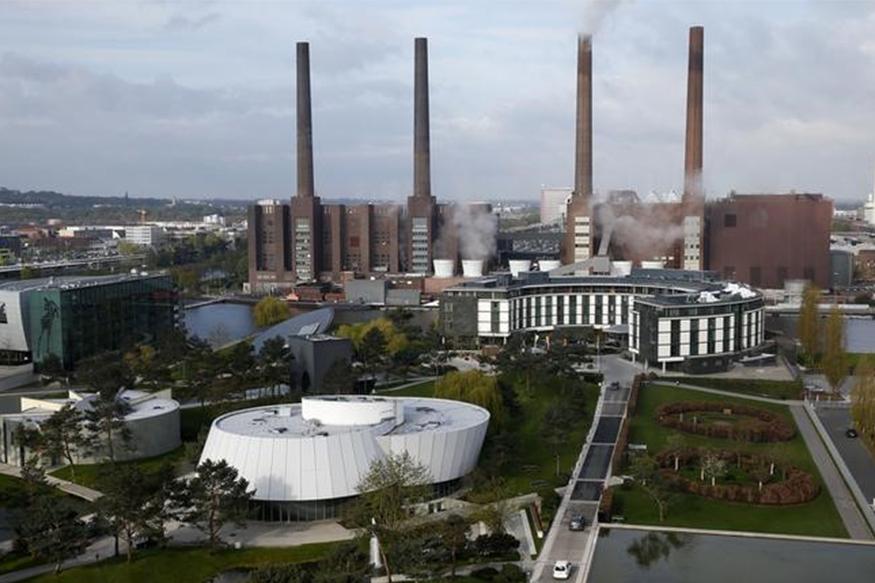New car sales dropped in Germany in October, declining by around 3.6% year-on-year to 274,300 new registrations. Automakers in particular shied away from ordering company cars in view of the possible economic impact of the second coronavirus wave.
Private buyers drove sales in October — and purchases of electric and hybrid cars in particular, as they sought to take benefit of government subsidies on cleaner-energy vehicles. The Federal Motor Transport Authority reported on Wednesday that car registrations from private buyers increased by almost 7% last month.
Fully-electric new cars represented 8.4% of new car registrations, in October. The 23,158 new BEV registrations was a 365% boost compared with the same month in the last year. Combined with hybrids, the share of non-fossil-fuel cars hit 17.5%, a new high.
The Germany Automotive Industry Association (VDA) also published data today, showing that production at German auto plants was 2% lower compared with October last year, and fell 17% in the first nine months of the year overall. While orders from abroad had ticked up, regional orders weakened.
Germany’s significant automakers all reported a rosier picture in their third quarter. BMW said that it had had its best sales in its history in the last quarter, and Volkswagen returned back to profit in the quarter, due to a recovery in the Chinese market, and some recovery in European sales.
The Munich-based Ifo Institute for Economic Research found that auto industry managers were feeling positive at the end of October, but not so positive about the months ahead.
The German government’s partial lockdown in November does not apply to auto plants and dealerships, but will increase insecurity and may discourage people from purchasing new cars.


